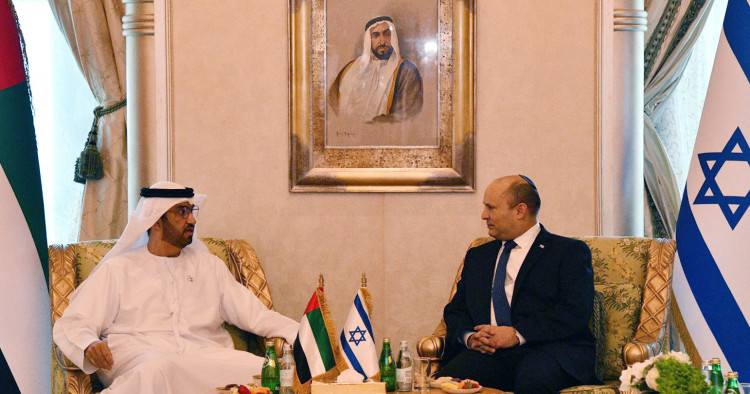Contents:
- A flurry of diplomatic exchanges on the eve of the GCC Summit
- US-Israel contacts on Iran: Talks about talks?
- Partial municipal elections all that remain of Palestinian democracy
- Egypt’s growing regional energy role
- Iraq militias seek to exploit US force presence
- Pakistan an absentee at the Summit for Democracy
A flurry of diplomatic exchanges on the eve of the GCC Summit
Gerald M. Feierstein
Senior Vice President
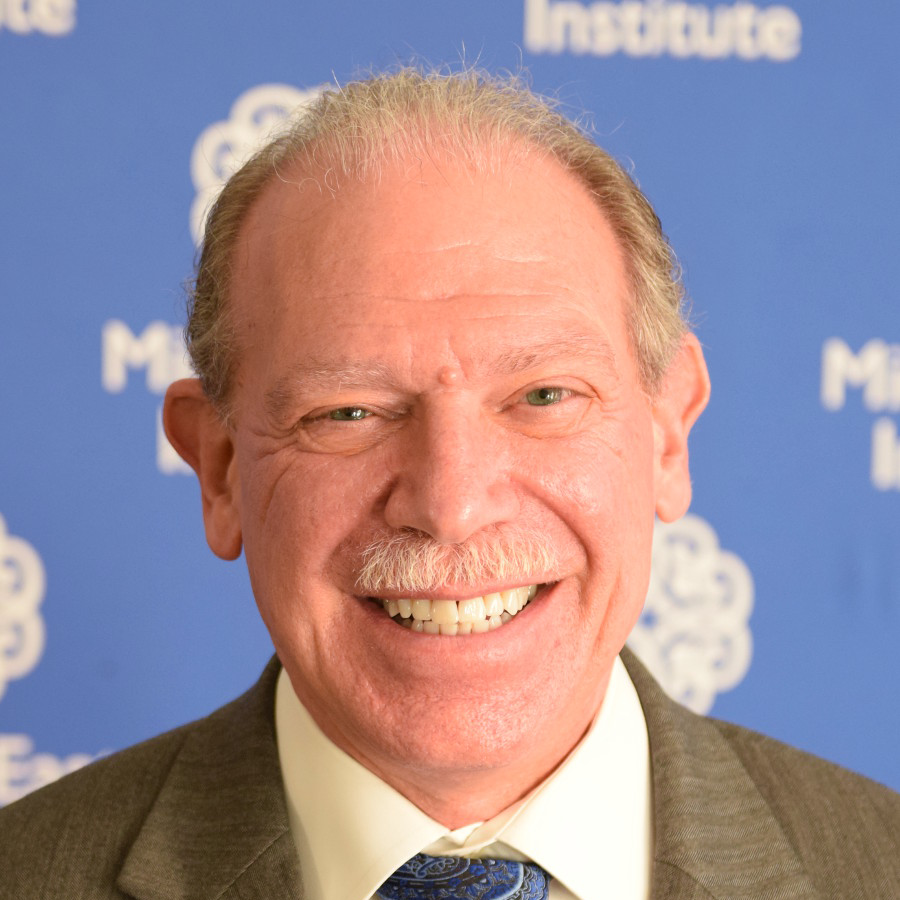
A series of diplomatic visits in recent weeks, including the first-ever state visit by an Israeli prime minister to the UAE and Crown Prince Mohammed bin Salman’s (MbS) stop in Doha, presaged the likelihood of a Gulf Cooperation Council (GCC) Summit this week far less fraught and controversial than its recent predecessors. After years of Trump era friction, prospects are good for a calmer and more productive consideration of key political, economic, and security challenges to the region by the Gulf leaders, joined by Egyptian Foreign Minister Sameh Shoukry.
The Dec. 12 visit to Abu Dhabi by Israeli Prime Minister Naftali Bennett is only one indicator of the degree to which diplomatic engagement has moved to the forefront of Gulf regional policies. Recent UAE outreach to Qatar, Iran, and Turkey as well are indicative of the new emphasis that Emirati leaders are placing on reducing, if not resolving, regional tensions and promoting dialogue. Saudi Arabia, too, has turned to diplomacy aimed at quieting regional tensions in recent months. The MbS stop in Doha as part of his pre-summit swing through the GCC member states was his first visit to the Qatari capital since he forged the al-Ula agreement ending the intra-GCC (with Egypt) feud with Qatar a year earlier. With the hard-line faction of Saudi Arabia, the UAE, and Bahrain taking steps to engage rather than confront regional competitors in Tehran and Ankara, the six GCC states’ regional policies fall into far greater alignment than has been the case for some years.
Despite these recent diplomatic overtures, security challenges are likely to again take the prime spot on the agenda when the six leaders meet on Dec. 14. Both Iran’s nuclear program and its regional policies will once again feature in the discussions, particularly as they affect developments in Yemen, Lebanon, and Syria. Palestine and Libya, too, are likely to be on the agenda. Beyond that, the leaders are likely to again consider key economic issues, including reviving discussions about a regional rail network and overcoming obstacles in establishing a GCC-wide customs union and common market. Even through the years of anti-Qatar boycott, efforts to strengthen Gulf economic cooperation had continued.
US-Israel contacts on Iran: Talks about talks?
Mark A. Heller
Non-Resident Scholar
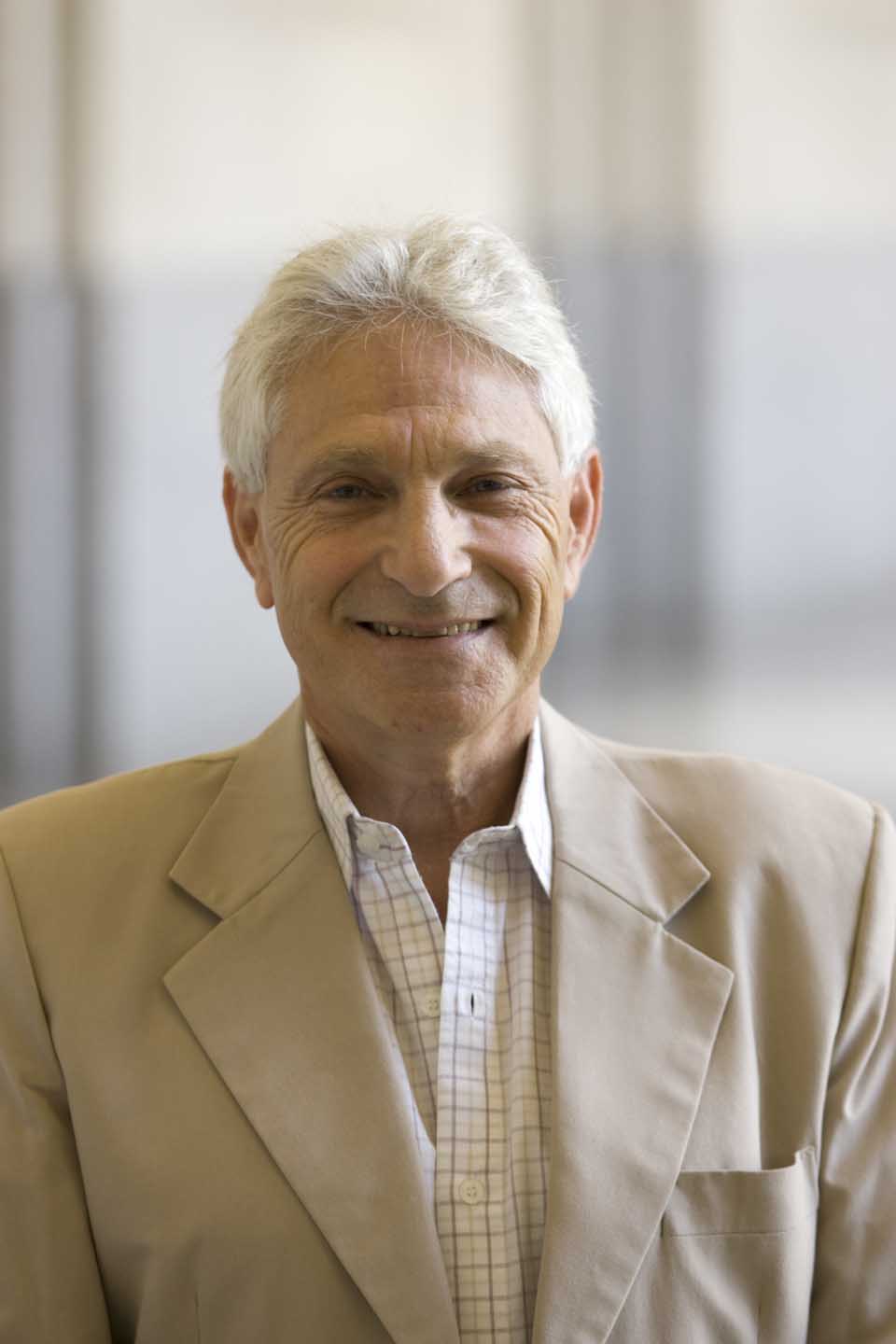
The current visits to Washington by Israeli Defense Minister Benny Gantz and Mossad Director David Barnea are but the latest links in the chain of Israeli-American consultations about appropriate responses to the Iranian nuclear program. It is not altogether clear what the Israelis are saying to their opposite numbers, apart from what the Americans already know — that Iranian behavior, in general, and nuclear activity, in particular, constitute a threat to regional peace and security. There is a widespread assumption that Israel, even more than the United States, has already despaired of a diplomatic agreement that will roll back Iranian advances since the U.S. withdrawal from the Joint Comprehensive Plan of Action (JCPOA) and repair the defects in the original agreement. According to this view, Israel believes that only military action, or at least a credible, imminent military threat, can pull Iran back or persuade it to pull itself back from the threshold of nuclear capability. Consistent with this approach, Gantz has elicited yet another American commitment to prevent Iran from acquiring nuclear weapons by “other means” if diplomacy fails and he has declared that he has instructed the Israel Defense Forces (IDF) to prepare for a military strike. The IDF has also announced plans for a large-scale, long-range exercise in the spring.
The Iranians, however, are apparently unimpressed by all this noise. Israel has been “preparing” for an attack for years, but the time when Israel might have had the capacity on its own to cripple Iran’s nuclear infrastructure — if that ever existed — passed years ago. And the willingness of the United States to participate in such a campaign in order to make it truly decisive — if that ever existed — also seems to have passed. So despite all the posturing, the ability to neutralize the Iranian nuclear program by military means seems lacking.
There are other levers of influence though. More severe economic sanctions could potentially threaten the regime’s survival. But such sanctions, to be effective, would depend on the whole-hearted cooperation, not only of the European powers, but also of Russia and China. That does not appear to be forthcoming. It might also be possible to delay and degrade the program by means of cyberattacks, but they are unlikely to be conclusive and, moreover, invite significant retaliation.
Does this mean that the Israeli-American consultations are just political theater? Not necessarily. Iran has been able to influence the course of several countries in the Middle East by manipulating and exploiting domestic differences, especially along confessional (i.e., Sunni-Shi’ite) fault lines. But Iran is itself also vulnerable to the same kind of subversion, albeit on ethnic lines. Only a little more than half the population is Persian; the rest include large Azeri and other Turkic-speaking minorities, as well as Kurds in the north-west, Baluch in the south-east, and Arabs in the south-west (which was recently rocked by huge protests against water shortages). All these groups have demonstrated various degrees of alienation over the years.
There is no indication that the U.S. and Israel have discussed the possibility of taking a leaf from Iran’s playbook and turning the role of outside agitator against it. But Barnea’s arrival in Washington follows at least two visits to Israel by CIA Director Bill Burns. These gentlemen do not command military forces, but they do preside over clandestine operations. It wouldn’t be beyond belief if political warfare were under consideration as an additional method to promote the policy changes in Iran that military, economic, and cyber means seem unable to secure.
Partial municipal elections all that remain of Palestinian democracy
Nathan Stock
Non-Resident Scholar
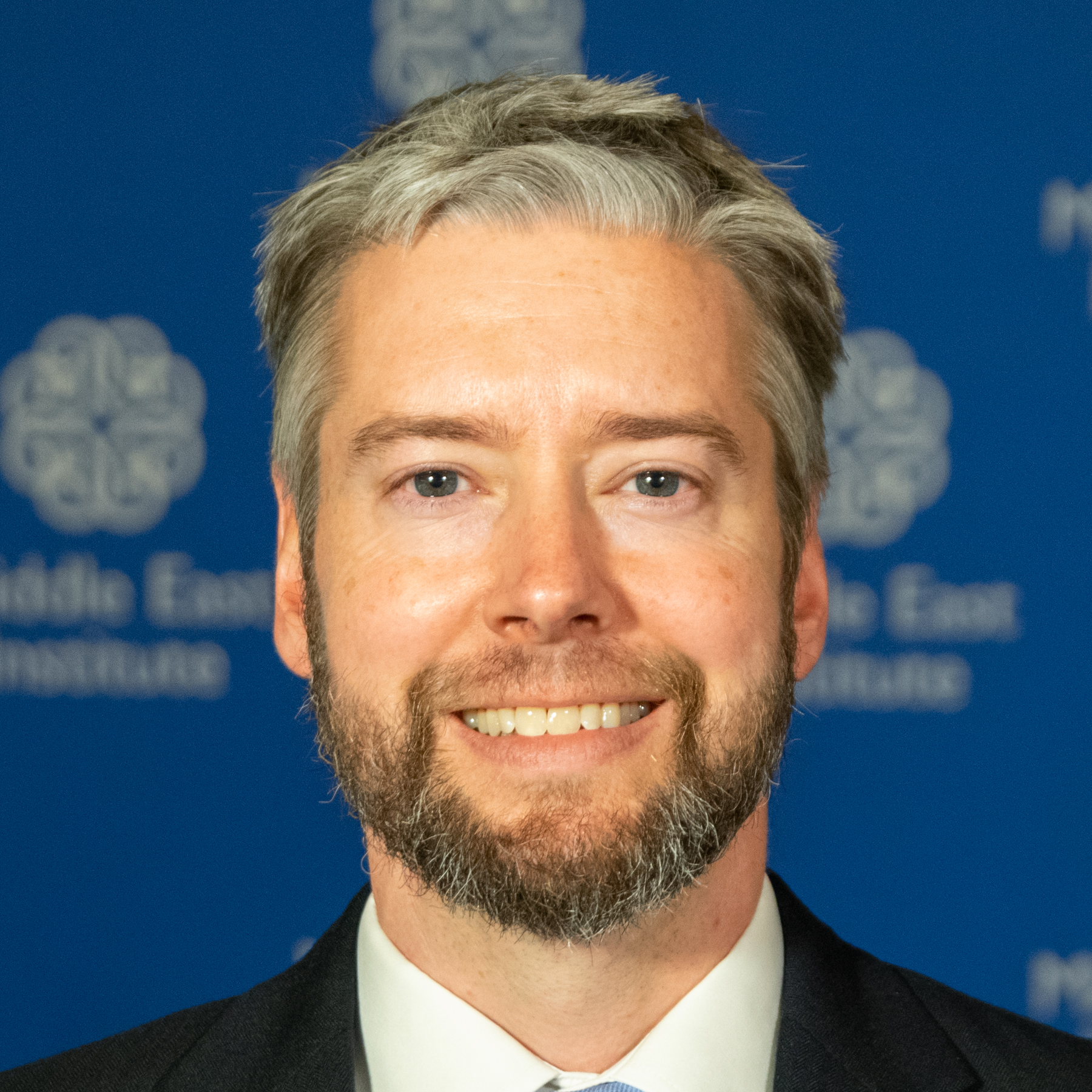
On Dec. 11, Palestinians in the Israeli-occupied West Bank elected local leaders in 154 village councils. In over 200 additional councils, no elections were held, in most cases because only one electoral list was submitted. Where elections took place, independent lists won 70.86% of eligible seats. Palestinian President Mahmoud Abbas’ ruling Fatah party claimed victory, arguing that many of their supporters ran under independent tickets. Fatah’s main political rival, Hamas, boycotted the election, insisting on holding a national election instead.
The elections are indicative of the damaged state of Palestinian democracy. Some 70% of eligible voters in the West Bank live in large cities whose municipal elections have been delayed, by President Abbas, to a second phase scheduled for March 2022. The president allowed elections to proceed in small rural communities, where Fatah retains grassroots support, while avoiding them in the major cities, where polling data suggests his party could lose. It is unclear whether the March elections will take place. Back in April, Abbas summarily postponed long-overdue national elections for the Palestinian Authority (PA) in the West Bank and Gaza Strip, again fearing a defeat for his Fatah faction. Hamas also deserves blame. For its part, the Islamist movement has long prevented any municipal elections in the Gaza Strip.
In the best-case scenario, elections will not end the Israeli occupation or otherwise grant the Palestinians civil and political rights. However, they could help inject new leadership into the ossified Palestinian political system. And elections would afford the Palestinian public some modicum of participation, however limited in the context of Israeli military rule, in PA governance.
Egypt’s growing regional energy role
Mirette F. Mabrouk
Senior Fellow and Founding Director of the Egypt program
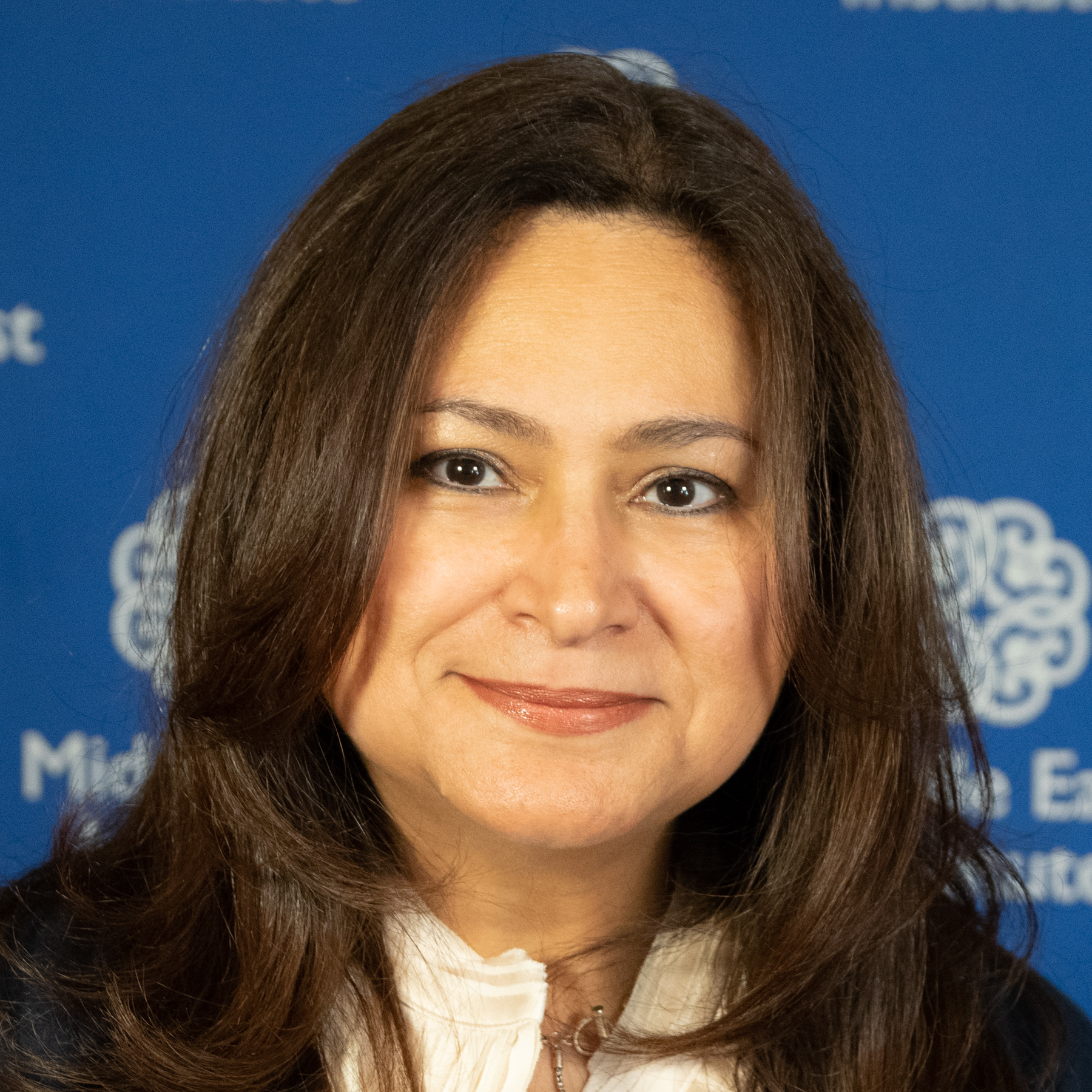
Egypt has long stated its goal of becoming a regional energy hub and it is ramping up its efforts to achieve that aim.
The largest non-OPEC oil producer in Africa and the third-largest dry natural gas producer, Egypt also serves as a major supply route, from the Arabian Gulf to Europe and the U.S. via the Suez Canal and the Suez-Mediterranean Pipeline (SUMED).
The gas has tossed a new economic lifeline to the country and it has been swift to capitalize on the energy, both economically and politically, through the Eastern Mediterranean Gas Forum (EMGF). The organization, headquartered in Cairo, is now composed of Cyprus, Egypt, France, Greece, Israel, Italy, Jordan, and Palestine with the European Union, the U.S., and the World Bank as observers. France is the newest member, having used Corsica as a back door to gain entry.
For Egypt the idea is to expand services. It is already a regional provider, with deals with Greece and Israel; the latest memorandum of understanding with Greece was signed less than month ago. It includes three major areas of cooperation, among them research and exploration, liquefied natural gas trading, and, especially relevant, the linking of the two countries’ natural gas pipeline networks. The deals have helped consolidate economic and military ties between the two countries, which also share interests and priorities in the eastern Mediterranean — namely keeping a wary eye on Turkey.
But there’s also another aspect to Egypt’s energy exports and transit. Europe has long been heavily reliant, some would say uncomfortably so, on Russian gas, to the tune of 41% of its total imports. During the latest energy shortages, European storage levels dipped to their lowest in a decade and prices shot up 800%. No wonder Europeans have been clamoring for diversification, and Egypt is well placed to step up and provide relief. European supply issues might ease up with the completion of Nord Stream 2 in the Baltic Sea, but that doesn’t materially change Egypt’s position.
The gas windfall, however, might eventually prove something of a double-edged sword for Egypt. The country’s economy already has two major revenue streams that are uniquely vulnerable to outside factors: tourism and remittances. While it isn’t going to happen in the immediate future, fossil fuels will have to be phased out due to growing fears over a no-longer-deniable climate change crisis, and for providers the ability to adapt will make all the difference. In Egypt’s case, it’s relying heavily on gas, prioritizing projects that reduce methane emissions, improving flare gas systems, and working rapidly toward the adoption of hydrogen in power generation. EMGF has a stated mission that prioritizes energy transition and climate change action. Domestically, Egypt has invested heavily in renewables, aiming to have them account for 42% of its power generation by 2030.
The country’s minister for petroleum and mineral resources, Tarek el-Molla, has been making the international rounds. Last month, he was at the Abu Dhabi International Petroleum Exhibition and Conference (ADIPEC) taking part in a session called “Charting the Climate Action from COP 26 to COP 27” and he was in the U.S. last week. Egypt will be hosting COP 27 in Sharm el-Sheikh next year. The spotlight will be firmly centered on a country attempting to balance income generation with climate adaption and mitigation and, just as importantly, as host, attempting to hold developed countries to their promises to help emerging markets with climate change action. The latter task will be the significantly more difficult one.
Follow on Twitter: @mmabrouk
Iraq militias seek to exploit US force presence
Robert S. Ford
Senior Fellow
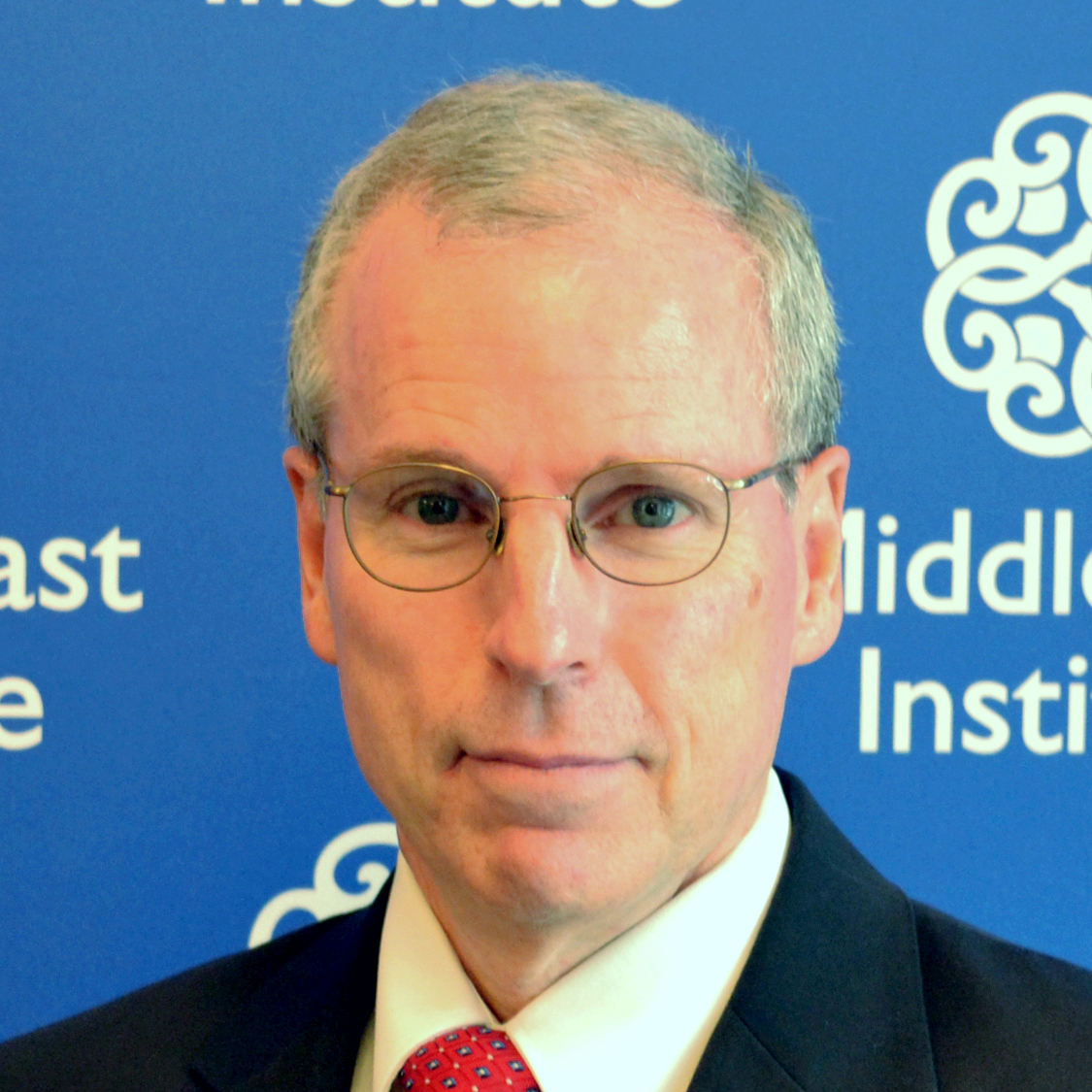
On Dec. 9 the American general in charge of the anti-ISIS international coalition in Iraq said that the American combat mission had ended and U.S. forces would only provide advice, training and assistance, and intelligence to its Iraqi partners. The shift in roles will not much change the size of the small U.S. force in Iraq, but Gen. Frank McKenzie, commander of U.S. forces in the Middle East, said on Dec. 9 that the NATO presence in the assistance mission should increase.
While the international coalition adjusts its units in Iraq, ISIS has ramped up its attacks and ambushes in Diyala Province northeast of Baghdad, including those on civilian targets as well as Iraqi Kurdish peshmerga units near the line demarcating areas under Iraqi Kurdish authority and those under the authority of the government in Baghdad. ISIS fighters for years have exploited seams along this line in northern Iraq. The American military tries to improve coordination between the peshmerga and federal government forces with only limited success.
American National Security Council official Brett McGurk reiterated in Baghdad on Sunday that the Americans would not use Iraq as a launching pad to attack neighboring states, a clear message to Iran. Gen. McKenzie said on Dec. 9 that he expected more attacks against those forces from Iranian-backed militias. His prediction followed public statements by some pro-Iranian militias that they would launch new attacks against American “occupiers.” These militias are not united, however. The head of one prominent group, the Nujaba Movement, on Dec. 11 pledged to keep attacking the Americans. By contrast, another pro-Iranian militia, Asa’ib Ahl-al-Haq, on Dec. 5 demanded the withdrawal of all American “combat troops” rather than all American forces. The militias are struggling to maintain their legitimacy after a major defeat in the October parliamentary election and a Nov. 18 call by cleric Muqtada al-Sadr for them to disarm. They are also trying to wedge their political arms into the next Iraqi government being negotiated now. The militias will keep trying to demonize the Americans and highlight their role against them in an effort to shore up their sagging support in Iraq.
Follow on Twitter: @fordrs58
Pakistan an absentee at the Summit for Democracy
Marvin G. Weinbaum
Director, Afghanistan and Pakistan Studies

More than 100 countries participated in the Summit for Democracy held late last week. Pakistan was not among them. Though invited, it chose to skip this American-convened meeting, joining excluded authoritarian regimes like Russia and China, and politically repressive regimes like Turkey and Saudi Arabia. The willingness to admit Pakistan to the two days of virtual meetings had not been without controversy, because of Islamabad’s reputed extrajudicial practices, tightened controls over media and civil society, and treatment of religious minorities. A statement by Pakistan’s Foreign Ministry confirming the government’s decision on the summit did not specify the reasons. However, it was felt necessary to declare that “Pakistan is a large functional democracy with an independent judiciary, vibrant civil society, and a free media . . . committed to further deepening democracy.”
Opting not to participate in the summit together with the globe’s U.S.-designated democracies can be interpreted as a significant foreign policy step for Pakistan. The summit has sparked controversy for its geopolitical implications in the U.S.-China great power rivalry. Pakistan’s decision could serve to reinforce the idea that the country is falling ever more firmly into the embrace of China, its major economic benefactor. Indeed, Pakistan’s move was met with huge approval in Beijing. Chinese Foreign Ministry spokesperson Zhao Lijian called it the action of a “real iron-brother.” Pakistani officials also confirm that they consulted with China prior to snubbing the U.S. In rejecting an invitation to a gathering of democracies, Pakistan passed up what some saw as movement by the Biden administration toward healing sorely strained relations. Pakistan has been smarting for months over the unwillingness of President Joe Biden to call Prime Minister Imran Khan. Still more, Khan was unexplainedly excluded from a U.S.-led Leaders’ Summit on Climate held in April.
India may have contributed to shaping Pakistan’s thinking about the Summit on Democracy. India’s invitation and special treatment did not go down well in Islamabad. Prime Minister Narenda Modi, whom Khan has likened to Hitler, was one of 12 leaders invited to participate virtually in a main Leaders’ Plenary Session on the first day of the summit. Pakistan would rather like to see India painted as increasingly undemocratic, especially for its actions in Indian-administered Kashmir. But Pakistan’s failing to participate has allowed India to showcase its status as the globe’s largest democracy and claim to be its leading exponent in South Asia.
Khan has expressed a firm desire that Pakistan not be aligned with any geopolitical bloc. Voicing concern over deteriorating U.S.-China relations, Khan has shown interest in having an evenhanded Pakistan assume, as in the early 1970s, a role in helping the (now) two superpowers bridge their differences. It is difficult to see how the events of last week advance those ambitions.
This article was co-authored by Makhdum Karam Shah, research assistant to Marvin G. Weinbaum.
Follow on Twitter: @mgweinbaum
Photo by Israeli Gov't Press Office (GPO)/Anadolu Agency via Getty Images
The Middle East Institute (MEI) is an independent, non-partisan, non-for-profit, educational organization. It does not engage in advocacy and its scholars’ opinions are their own. MEI welcomes financial donations, but retains sole editorial control over its work and its publications reflect only the authors’ views. For a listing of MEI donors, please click here.













